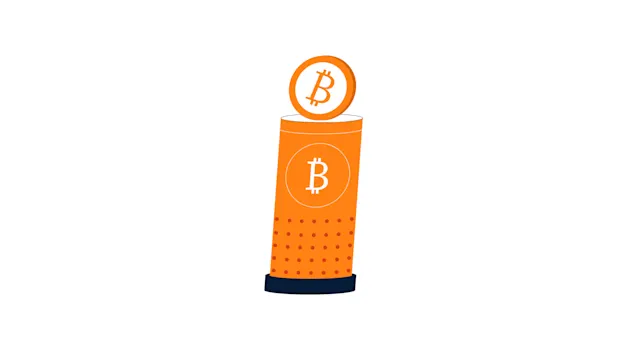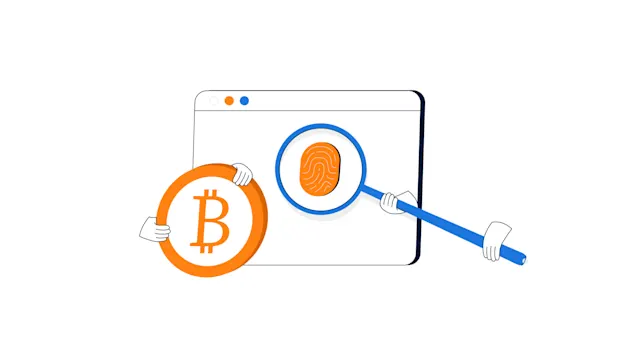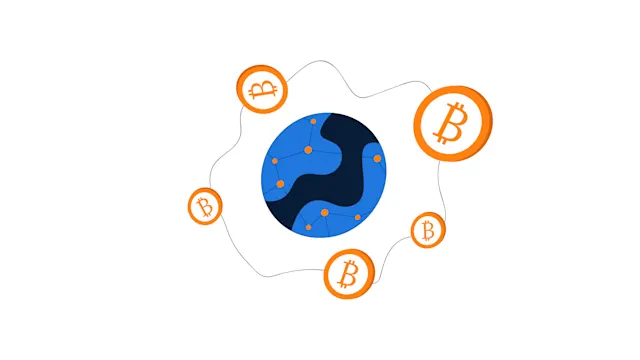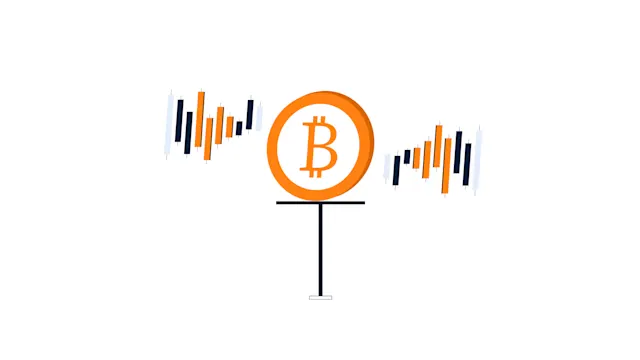
What Is Bitcoin Mining?
Work is energy. Everything in our lives is closely linked to the price of energy. The cost of any good largely reflects the energy used in producing that good. Bitcoin is no different. To mine new coins requires work, i.e., energy.
Work is energy. Everything in our lives is closely linked to the price of energy. The cost of any good largely reflects the energy used in producing that good. Bitcoin is no different. To mine new coins requires work, i.e., energy.
Bitcoin mining is the process of creating new bitcoins by solving complicated math problems that verify transactions on the Bitcoin network. When a bitcoin is successfully mined, the miner receives a predetermined amount of Bitcoin, known as the “block reward.” The amount of block reward started off at 50 BTC per block and is “halved” roughly every four years, or 210,000 blocks, to be exact. More on the “halving” in this post. The block reward incentivizes miners to keep solving the transaction-related algorithms, supporting the overall system.
The competing miners’ race to complete challenging mathematical functions, called hashes, to process Bitcoin transactions. This mining protocol is called proof of work “POW” (more POW in this post) because the first miner to prove that they have done the “work” of solving a complex equation earns the right to process the newest block of Bitcoin transactions.
After a miner successfully verifies a new block of transactions, the block is distributed to all other miners and any other device with a full copy of the Bitcoin blockchain (These devices are called nodes.) Many computers worldwide keep identical copies of the blockchain, ensuring the creation and maintenance of a trusted, verified history that’s nearly impossible to hack or distort.
Bitcoin miners are effectively rewarded to secure the Bitcoin network.



